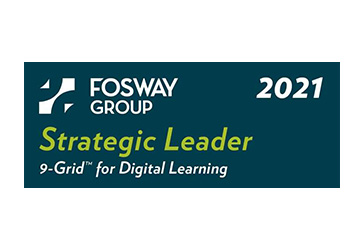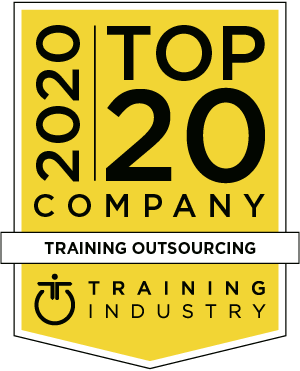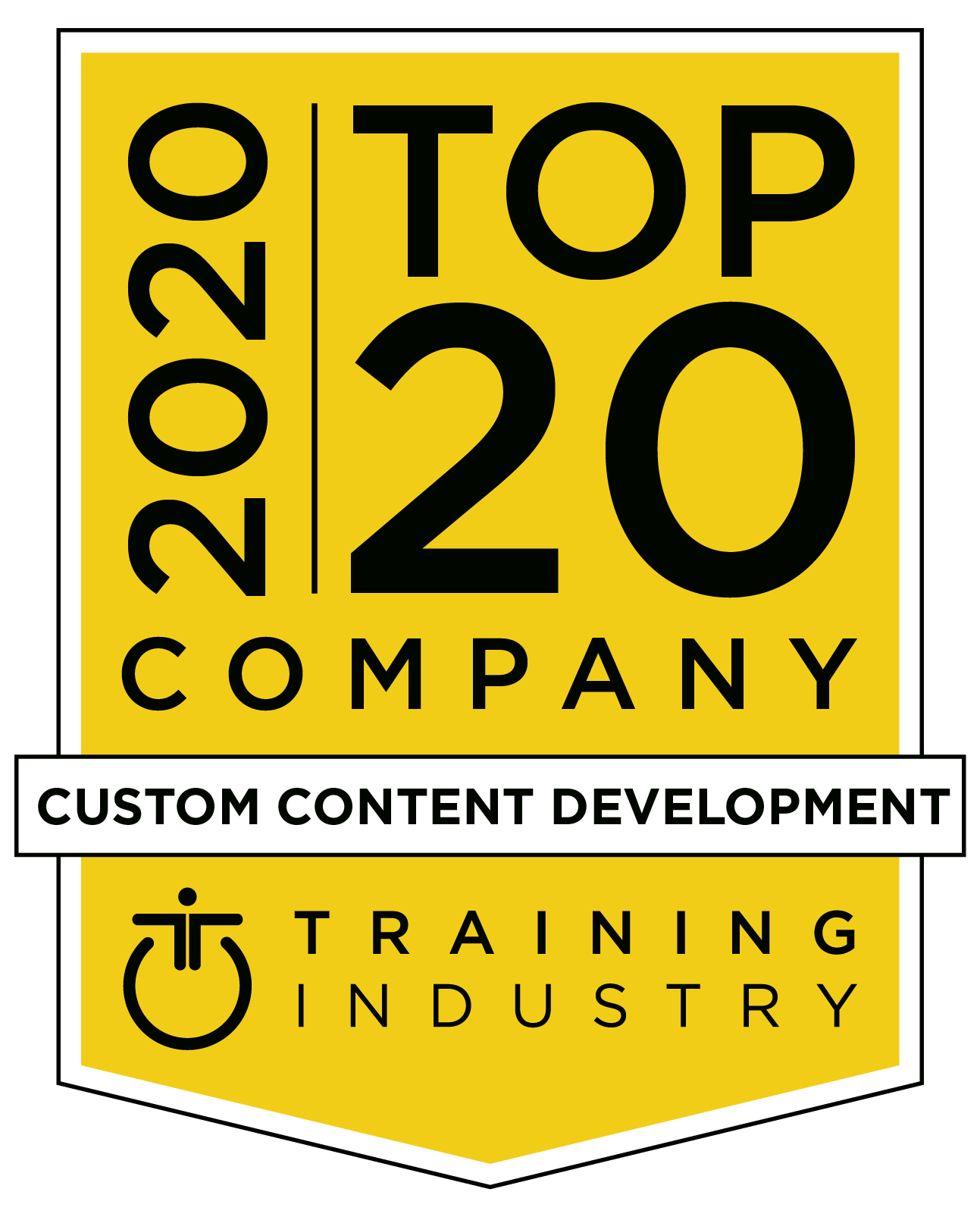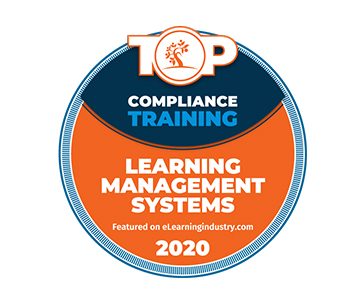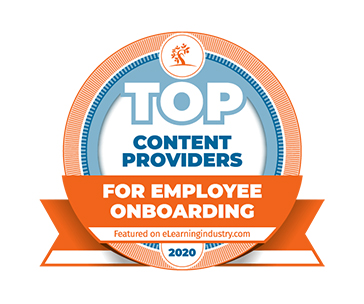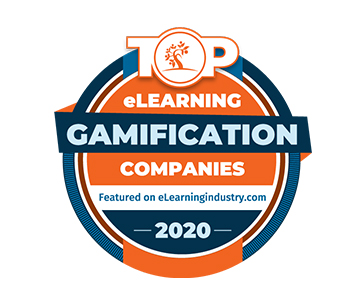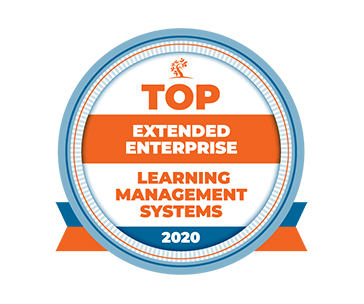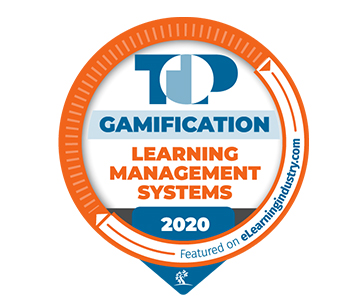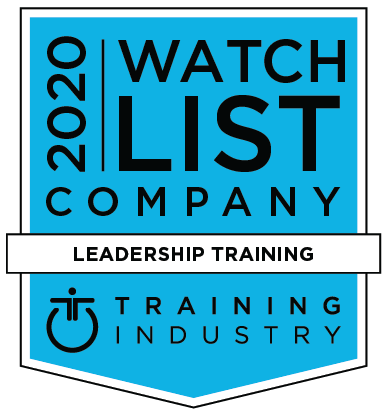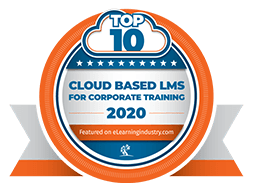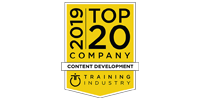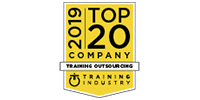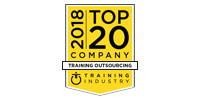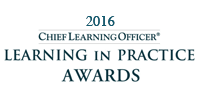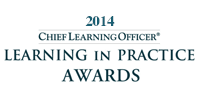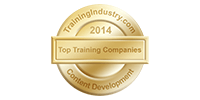Are you up to date with the latest eLearning technologies and methodologies? In this article, I’ll share 7 tips to adapt to changes and stay ahead of eLearning trends.
How To Stay Ahead OF eLearning Trends And Adapt To Changes
Part of the eLearning job description is identifying top eLearning trends and then using them to our advantage. We have to read up on all the latest software, strategies, gadgets, and theories to create the most powerful eLearning content for our modern learners. But that’s easier said than done when you have a busy schedule and limited resources. Here are 7 insider tips to stay one step ahead of eLearning trends and adapt to our ever-evolving industry.
1. Join eLearning Social Media Groups
Social media groups are a treasure trove of information, as they give you the power to identify emerging eLearning trends that other eLearning pros have already spotted. Specifically, those on the forefront of eLearning technologies or theories, such as experienced Instructional Designers who have the inside scoop about upcoming software or eLearning topics. For example, Flash players used to be an essential ingredient for eLearning courses. Then the news broke that new mobile devices wouldn’t support Flash, and opted for HTML5-based apps instead. Hence, the shift from Flash to HTML5 began, and eLearning professionals who were paying attention got a head start.
2. Sign Up For Alerts And RSS Feeds
You can’t always be logged into social media groups and online discussions. Thankfully, RSS feeds and news alerts give you the power to still learn about noteworthy eLearning trends. For example, you can sign up for automatic Google alerts based on specific keywords or phrases. You will receive an email notification whenever that word shows up online. Another option is to peruse your RSS feeds periodically to see what’s trending at the moment.
3. Pay A Weekly Visit To Your Favorite eLearning News Sites
Chances are, you have a few go-to eLearning sites that you visit regularly. Bookmark these eLearning blogs and news breakers, then refer to them on a weekly basis. You can also look for common themes to identify patterns before they emerge. For example, 9 of the 10 sites you’ve bookmarked are all talking about a specific tool or Instructional Design approach. This is a good indication that an eLearning trend is brewing. You may want to start incorporating it into your eLearning strategy, or brainstorm ways that you can utilize the technology or tool in the near future.
4. Follow The Top eLearning Vendors And Service Providers
LMS, eLearning authoring tool vendors and other service providers may be willing to offer their followers a sneak peek or shed light on an eLearning trend that’s just over the horizon. For this reason, it’s wise to like their social media pages and subscribe to their blogs. You can also be on the lookout for product demos or promo videos they upload to their site. Even the features they highlight can help you tap into eLearning trends. For example, a vendor is promoting a new tool that supports VR/AR applications. They’ve done their market research. Thus, they know what the future has and what their clients are looking for in a modern tool. The benefits and functions they showcase can clue you into forward-thinking eLearning trends.
5. Attend Tradeshows And Conferences
Tradeshows, conferences, and networking eLearning events allow you to meet up with other eLearning pros to talk about the latest eLearning trends. You can also find out about new products or tools that may play a pivotal role in the future of the industry. For example, innovative video conferencing tools that take immersion to a whole new level. Just make sure that you plan ahead for the eLearning event and have your business cards ready. You never know who you will meet or if you may land your dream eLearning job or project. In addition, you might consider attending webinars or other online eLearning events if you’re pressed for time. They still give you the ability to interact with other eLearning pros and discover new eLearning trends.
6. Evaluate Your Current eLearning Strategy To Identify Opportunities
eLearning trends aren’t of much value if you don’t act upon them. They are just missed opportunities. Evaluate your current eLearning strategy to identify areas for improvement, or aspects of the eLearning course that may benefit from an emerging eLearning trend. For instance, Virtual Reality/Augmented Reality are a hot topic in eLearning industry right now. eLearning professionals are thinking of unique and creative ways to apply this technology to enhance the eLearning experience for online learners. Thus, you may want to analyze your eLearning strategy from a VR/AR standpoint, or even gradually work your way up to it by incorporating gamification elements and real-world simulations. This brings me to my next point. You don’t necessarily have to dive into every eLearning trend you uncover and immediately shift all of your online training resources. The key is to figure out how you can make the most of the eLearning trend and stay relevant with the online training resources you already have. Slow and steady wins the race.
7. Create A New Plan Of Action Based On Feedback
Your online learners and clients can help you become a trendsetter in your own right. Gather feedback from the key players, including stakeholders, to determine what they’d like to see in future eLearning courses. For example, responsive design didn’t just happen overnight. It was originally used by web developers who wanted to create mobile-friendly sites. Then it caught on like wildfire in the eLearning industry. But there had to be trailblazers who saw the applications for responsive design in the eLearning course design field. At the very least, you can use their feedback to take note of eLearning trends you need to keep on your radar. For instance, new technologies or Instructional Design models that you can employ once you free up some resources.
These 7 tips and tricks can help you stay ahead of the curve and adapt your approach accordingly. As a result, your online learners always receive the most effective and engaging eLearning content based on the latest eLearning trends, while you establish yourself as an eLearning pro who remains on the cutting edge.
Are you up to date with the latest eLearning trends? Read the article 8 Corporate eLearning Trends For 2017 to discover the top corporate eLearning trends you should keep an eye on in 2017 and beyond.

